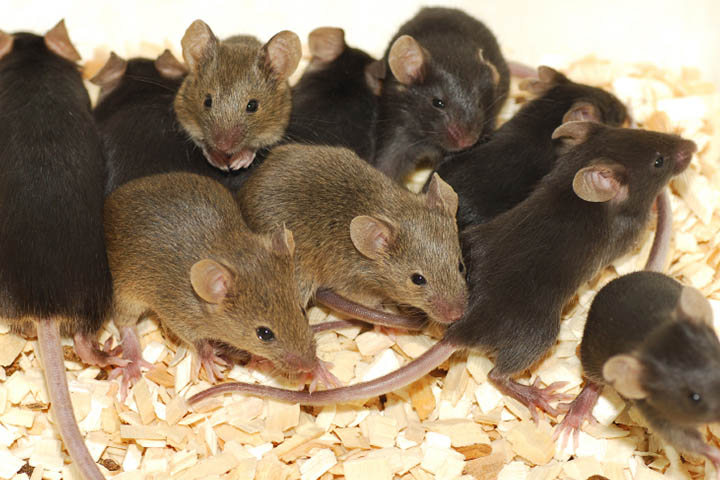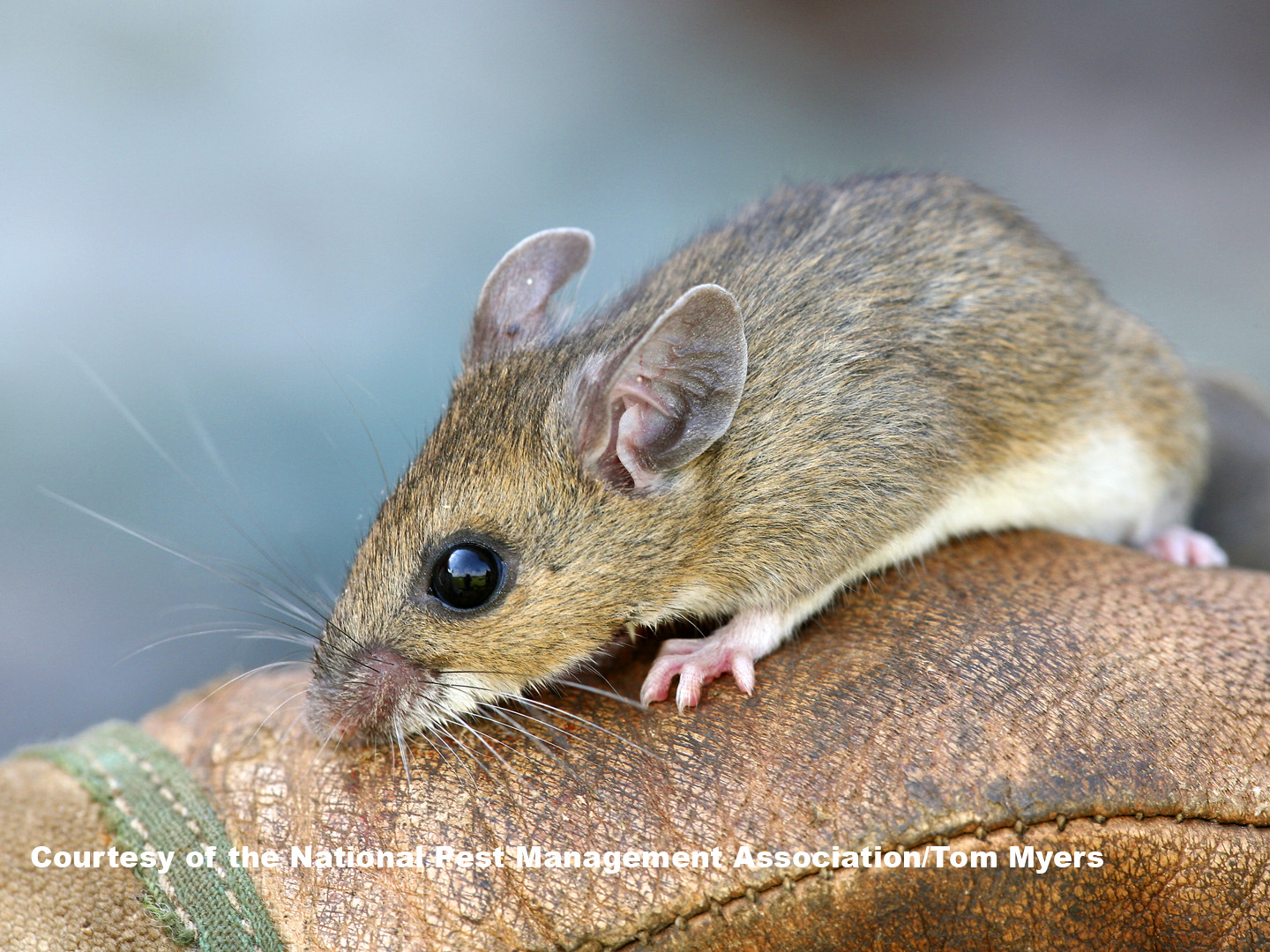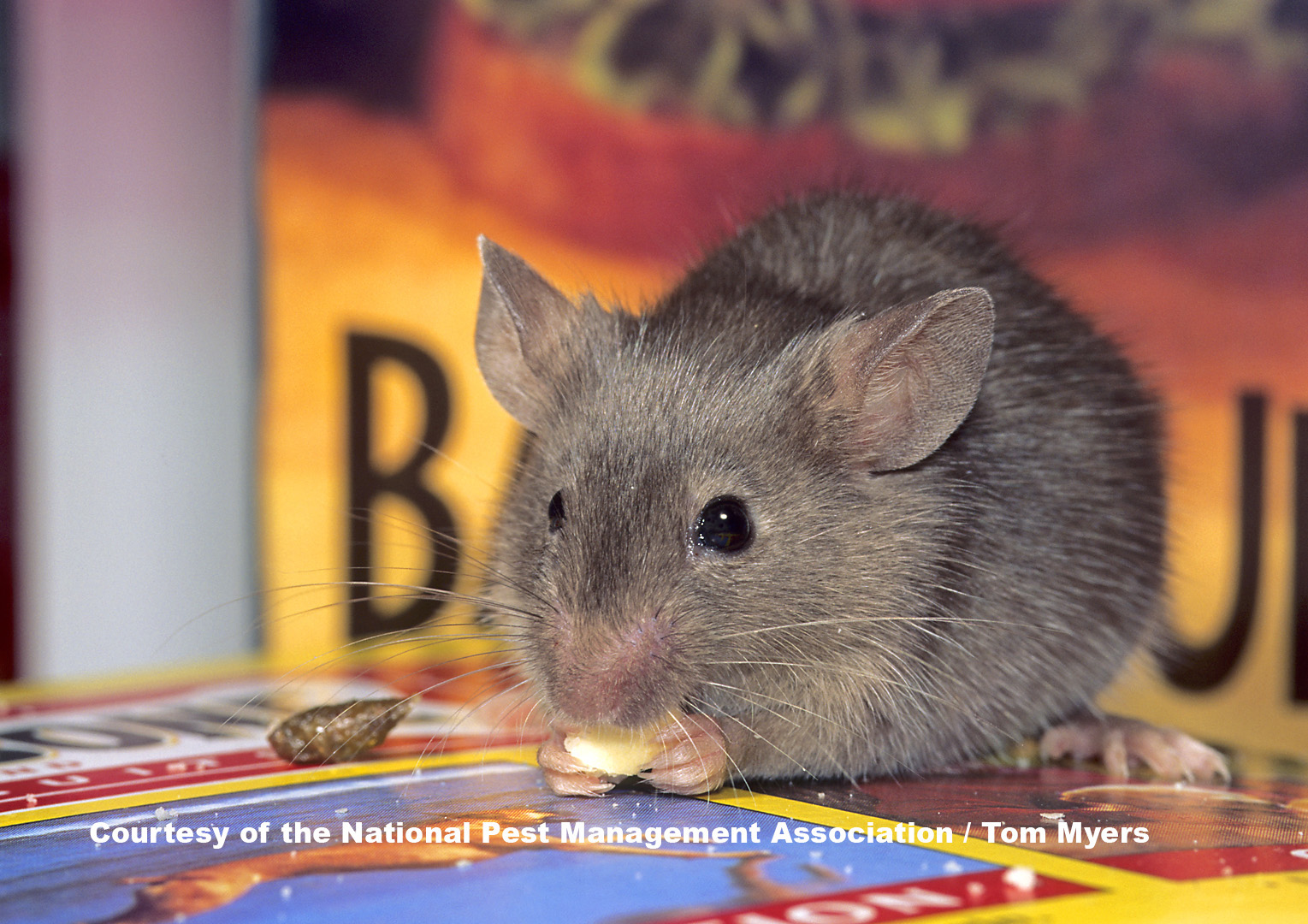Mice Facts for Kids
Did you know? Mice can squeeze through spaces as small as a dime!

Explore Mice Facts for Kids
Fun Mouse Facts for Kids, Parents, and Teachers!
Chances are you know what a mouse is, whether you’ve seen them in cartoons sewing dresses for Cinderella or driving a car like Stuart Little. But no matter how cute these little rodents are, they can be very dangerous. They can carry dozens if not hundreds of disease-causing bacteria!
Keep reading for more interesting mice facts for kids.
- Even though they are small enough to squeeze through a space as small as a dime, mice have big appetites and eat between 15 and 20 times a day.
- Deer mice eat insects like beetles and caterpillars.
- A typical house mouse makes 40 to 100 poop droppings per day.
- Female mice can have babies when they are just two months old.
- Female mice can have up to 12 babies every 3 weeks. That’s 150 babies a year!
- Mice can jump a whole foot high in the air.
- They are great swimmers.
- They typically enter homes to get out of the cold and to find food and water.
- More than 21 million homes a year get infested with mice or other rodents.
- When mice are safe from animals that eat them (also known as predators), they can live up to 2 years.
- Mice will in fact eat cheese, but they're love for this snack is a bit overexaggerated.
- Common predators include cats, snakes, foxes, and birds of prey like hawks and owls.
- Mice do not hibernate during the winter.
- You can make a mouse ear headband with construction paper, crayons, and a stapler!
Deer Mice Facts for Kids
Deer mice get their name because their fur looks a lot like deer fur. They are most commonly found in open grasslands, brushy country, cliffs, forests, pasturelands, and croplands.
- Size: 5" to 8" long
- Shape: Mouse
- Color: Brown to Dark Brown
- Legs: 4
- Wings: No
- Antenna: No
- Common Name: Dear Mouse
- Kingdom: Animalia
- Phylum: Chrodata
- Class: Mammalia
- Order: Rodentia
- Family: Cricetidae
- Species: Peromyscus maniculatus
What Do Deer Mice Eat?:
Deer mice eat seeds, small fruits and berries, beetles, caterpillars, grasshoppers, leafhoppers, and an underground fungus. They prefer to eat insects when they can find them.
Where Do Deer Mice Live?:
The deer mouse makes its home outdoors in hollow tree logs or piles of trash. They are nocturnal, which means they sleep during the day. They make nests to sleep in and use their nests to raise and protect their young. When a deer mouse does come indoors, it likes to be in quiet places, such as attics.
How Could a Deer Mouse Impact You?:
A deer mouse may scare you if you see it scurry by. It can also damage your things like biting through clothes in the attic while making a nest.
The biggest threat is that deer mice can spread the potentially deadly Hantavirus. This virus can be spread by touching infected mice or by breathing in the fumes released in their pee.
What to Do About Deer Mice in Your House:
If an adult in your family thinks you may have deer mice in your house, they can go to PestWorld.org to learn more about removing deer mice from homes. You can also find more mouse information for kids there.
House Mice Facts for Kids
The house mouse is the most common rodent in most parts of the world. A female house mouse can make up to 150 babies a year, meaning they can grow their population size and spread very quickly.
See more house mouse facts for kids throughout this page:
- Size: 2"
- Shape: Mouse
- Color: Light brown to black
- Legs: 4
- Wings: No
- Antenna: No
- Common Name: House mouse
- Kingdom: Animalia
- Phylum: Chrodata
- Class: Mammalia
- Order: Rodentia
- Family: Muridae
- Species: Musculus Domesticus
What Do House Mice Eat?:
House mice mainly eat plants, but they will also eat meat and dairy products. They will drink water but don’t need very much. They will eat their own droppings for the nutrients in it made by bacteria in their guts!
Where Do House Mice Live?:
House mice prefer to live indoors, but they can live outside. They breed throughout the year and often share nests with their "relatives".
How Could a House Mouse Impact You?:
Even the smallest amount of mouse pee can trigger allergies. This is especially true in kids, because their immune systems aren’t as strong as adults yet.
Mice spread disease through bite wounds and by contaminating food and water with their waste products. Mice can also spread disease thanks to parasites, such as ticks, fleas and mites. These parasites bite the infected mouse and then spread the disease by biting humans.
What to Do About House Mice in Your House:
The first thing to do if you find a mouse in your house is to not worry. There are experts trained to deal with mice in your home.
If you or an adult in your family is worried about mice, you can have the adult visit PestWorld.org to find an expert to help. You can also find more mouse information for kids there.




